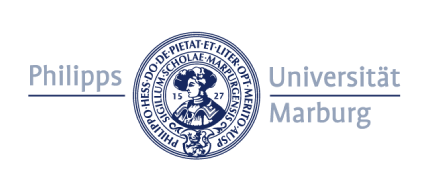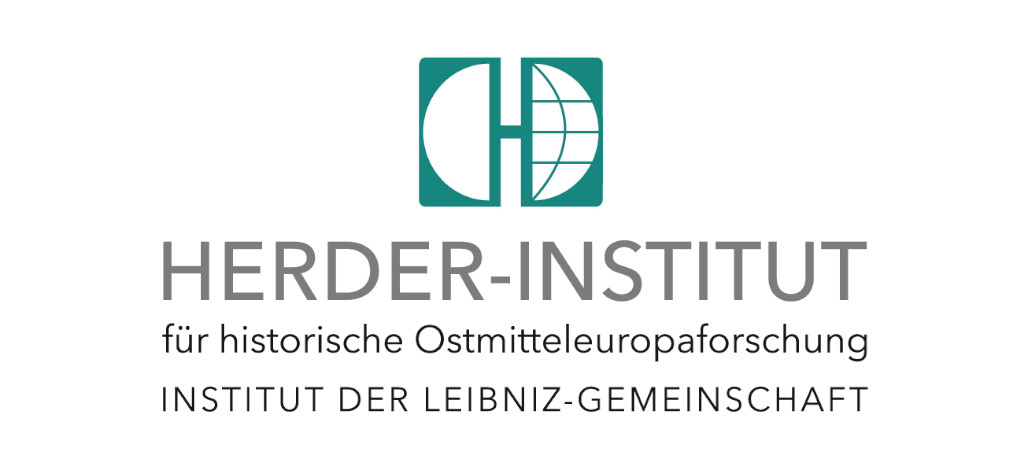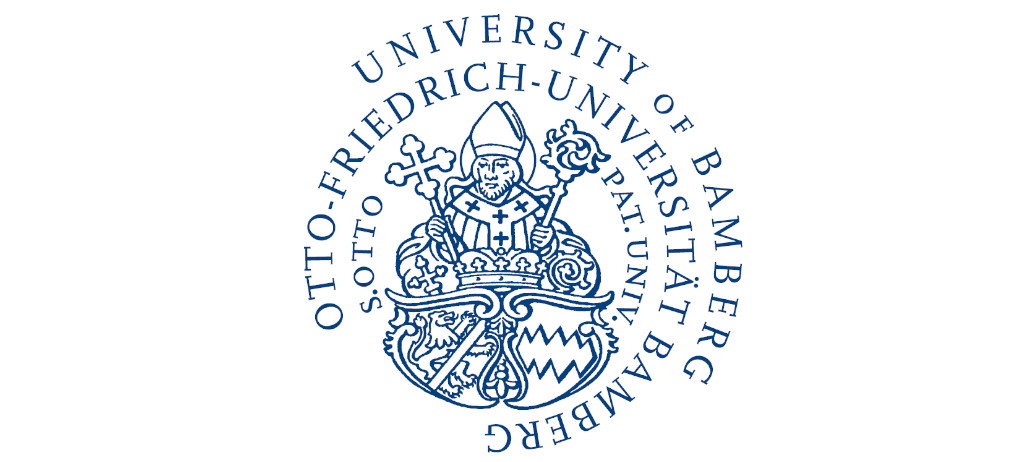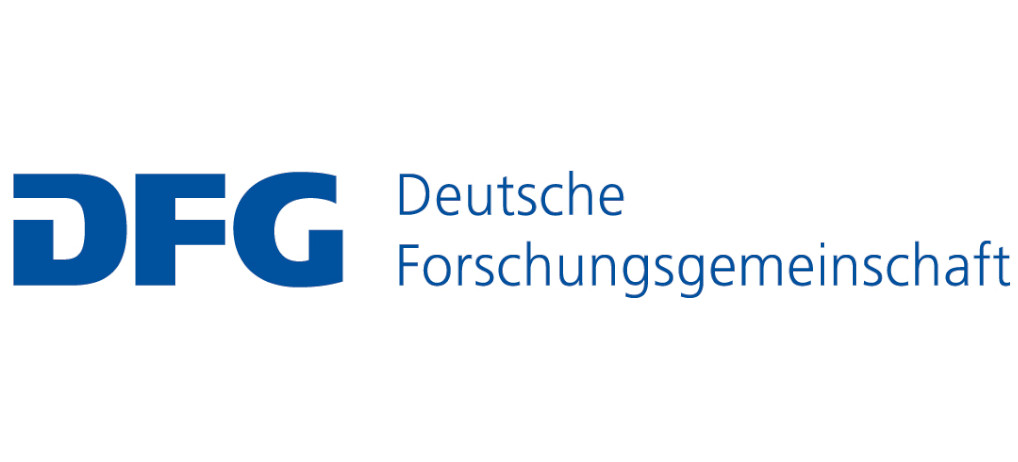Main Content
Accessibility Statement
Philipps-Universität Marburg strives to provide barrier-free access to its website in compliance with the Hessian Equality for Disabled Persons Act (HessBGG) and the Hessian Directive on Barrier-Free Access to Information Technology (HVBIT), which is intended to enable the implementation of the Directive (EU) 2016/2102.
This declaration on digital barrier-free access applies to the website of Philipps-Universität Marburg which is available at www.uni-marburg.de/de and www.uni-marburg.de/en, but not to other websites provided outside the university’s central content management system (CMS).
Present State of Compatibility with Regulations
The regulations result from § 3 paragraphs 1 to 4 and § 4 of the HVBIT, which was issued on the basis of §14 of the HessBGG. The verification of compliance with the regulations is based on a self-assessment.
Non-Barrier-Free Content
Based on the review, this website, including its mobile web views, is partially compatible with the aforementioned regulations due to the following exceptions.
Incompatibility with HVBIT
The content listed below is inconsistent with Section 3 (1) of HVBIT and is not barrier-free for the following reasons:
- Alternative texts for images, graphics, maps and controls are partially missing.
- Some links are unintelligible.
- The headline hierarchy is only partially adhered to.
- Some charts are not correctly displayed or are inserted in order to position content.
- Some lists only have one entry or are not correctly formated.
- Some pages are not monolingual.
- Quotes that are separate paragraphs are not correctly labeled.
- Some color combinations for headlines, icons and backgrounds do not meet the minimum requirements for contrast. Barrier-free alternative: The website can be switched to a high-contrast version (by clicking the contrast icon in the service navigation).
- In sliders and charts, some content runs off the page in mobile view.
- There is not always the possibility to close displayed content without moving the focus.
- Not all elements can be reached and operated with the tab key.
- Some form inputs lead to unexpected changes of context, e.g. when displaying result lists.
- Form field labels do not always appear in front of the input fields.
- Not all documents (e.g. PDF-files) are presented in a barrier-free form.
- The start page provides no information in German sign language, nor in easy-to-understand language.
Explanation
Philipps-Universität Marburg operates a very comprehensive and diverse web presence which is edited and maintained decentrally by around 1,500 CMS editors from various organizational units. Despite raising awareness of the issue in our CMS training courses and central support, e.g. before new content is activated, editorial omissions are therefore not entirely avoidable.
The web presence makes available a large number of documents (file formats for office use, e.g. PDF-files), most of which were created before September 23, 2018. In view of the quantity, only a part of these documents could be converted so far. However, we are making every effort to transfer them gradually into a barrier-free format. Some documents were made available by third parties and are not available in barrier-free form.
Measures
- Gradual transfer of existing documents to a barrier-free format.
- Improvements in keyboard usability.
- Adjustments to the labeling of form fields.
- Review of the display of result lists.
Preparation of this Declaration on Barrier-Free Access
This declaration was prepared on August 27, 2020 and was last reviewed and updated on February 14, 2023.
Audit methodology: self-assessment
Feedback and Requests on Barrier-Free Access
Philipps-Universität Marburg is taking steps to ensure that existing barriers are removed. If you come across barriers while using the website, you can report them via the link "Report Barriers" located in the footer of the site. Or you can contact us by email at cms-barriere-melden@uni-marburg.de with mention of the problem as well as a link to the affected page.
Enforcement Procedures
Philipps-Universität Marburg always endeavors to answer your inquiries within six weeks. If no satisfactory solution has been found even after your feedback to the above contact, you can call in the Enforcement and Monitoring Agency, Barrier-Free Information Technology Department. After a period of six weeks, you have the right to contact the Enforcement and Monitoring Agency directly. With the involvement of all parties, the ombudsman's office tries to determine the circumstances of the lack of barrier-free access so that the carrier can remedy it.
Responsibility for enforcement procedures lies with
Durchsetzungs- und Überwachungsstelle Barrierefreie Informationstechnik
Hessisches Ministerium für Soziales und Integration
Sitz: Regierungspräsidium Gießen
Prof. Dr. Erdmuthe Meyer zu Bexten
Landesbeauftragte für barrierefreie IT
Leiterin der Durchsetzungs- und Überwachungsstelle
Landgraf-Philipp-Platz 1-7
35390 Gießen
Telefon: +49 641 303 - 2901
E-Mail: Durchsetzungsstelle-LBIT@rpgi.hessen.de
Further Information and Assistance
Philipps-Universität Marburg placed a high priority on the incorporation of web standards for barrier-free access in the development of its web presence. This development was supported by external specialist know-how. Accompanying measures also included and continue to include training for CMS editors as well as taking barrier-free access into account in internal editorial guidelines.
The Service Center for Students with Disabilities (Servicestelle für behinderte Studierende (SBS) der Philipps-Universität Marburg) can be contacted by email at sbs@verwaltung.uni-marburg.de.
Related Links to Additional Information
- Richtlinie (EU) 2016/2102 des Europäischen Parlaments und des Rates vom 26. Oktober 2016 über den barrierefreien Zugang zu den Websites und mobilen Anwendungen öffentlicher Stellen
- Hessische Verordnung über barrierefreie Informationstechnik (HVBIT) vom 16. September 2019
- Verordnung zur Schaffung barrierefreier Informationstechnik nach dem Behindertengleichstellungsgesetz (Barrierefreie-Informationstechnik-Verordnung - BITV 2.0)
- Hessisches Gesetz zur Gleichstellung von Menschen mit Behinderungen (Hessisches Behinderten-Gleichstellungsgesetz - HessBGG)
- Barrierefreie IT Hessen



